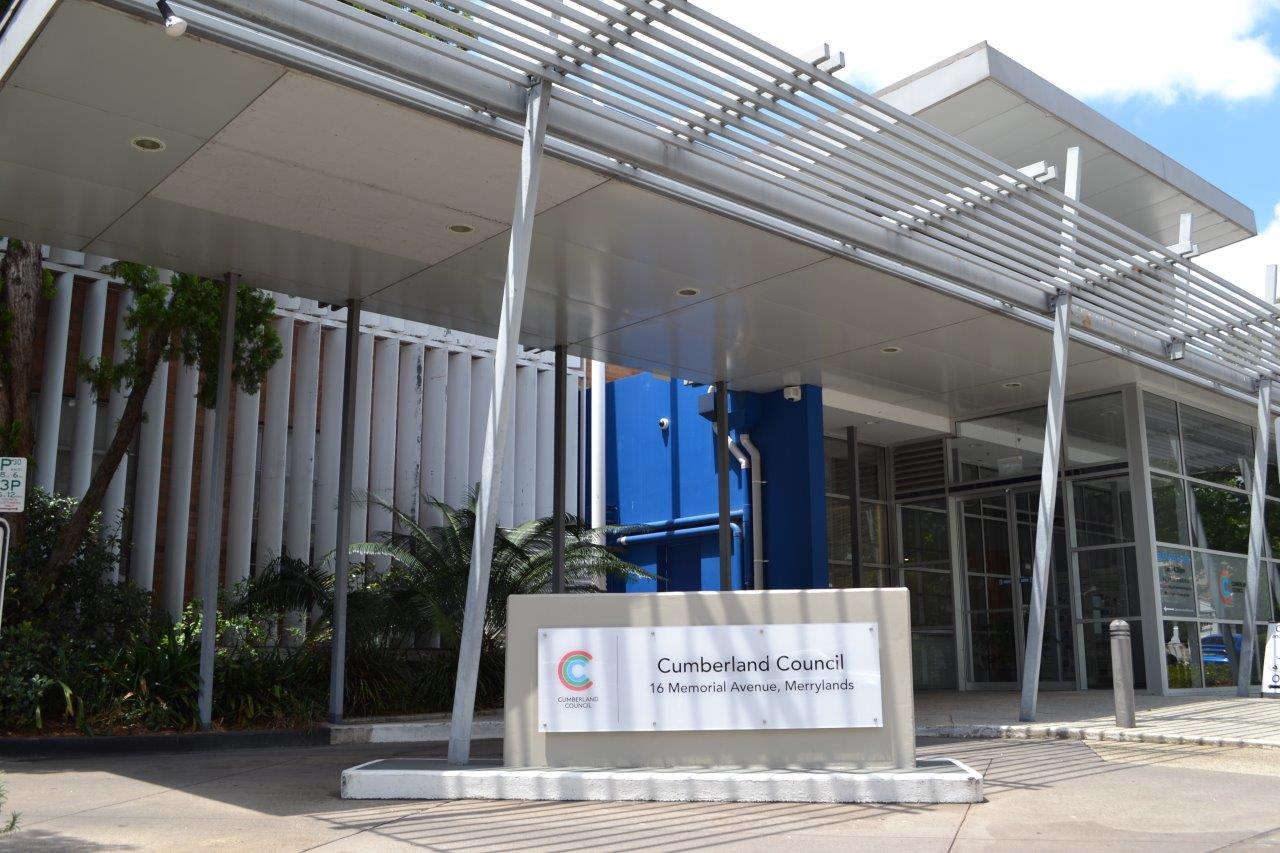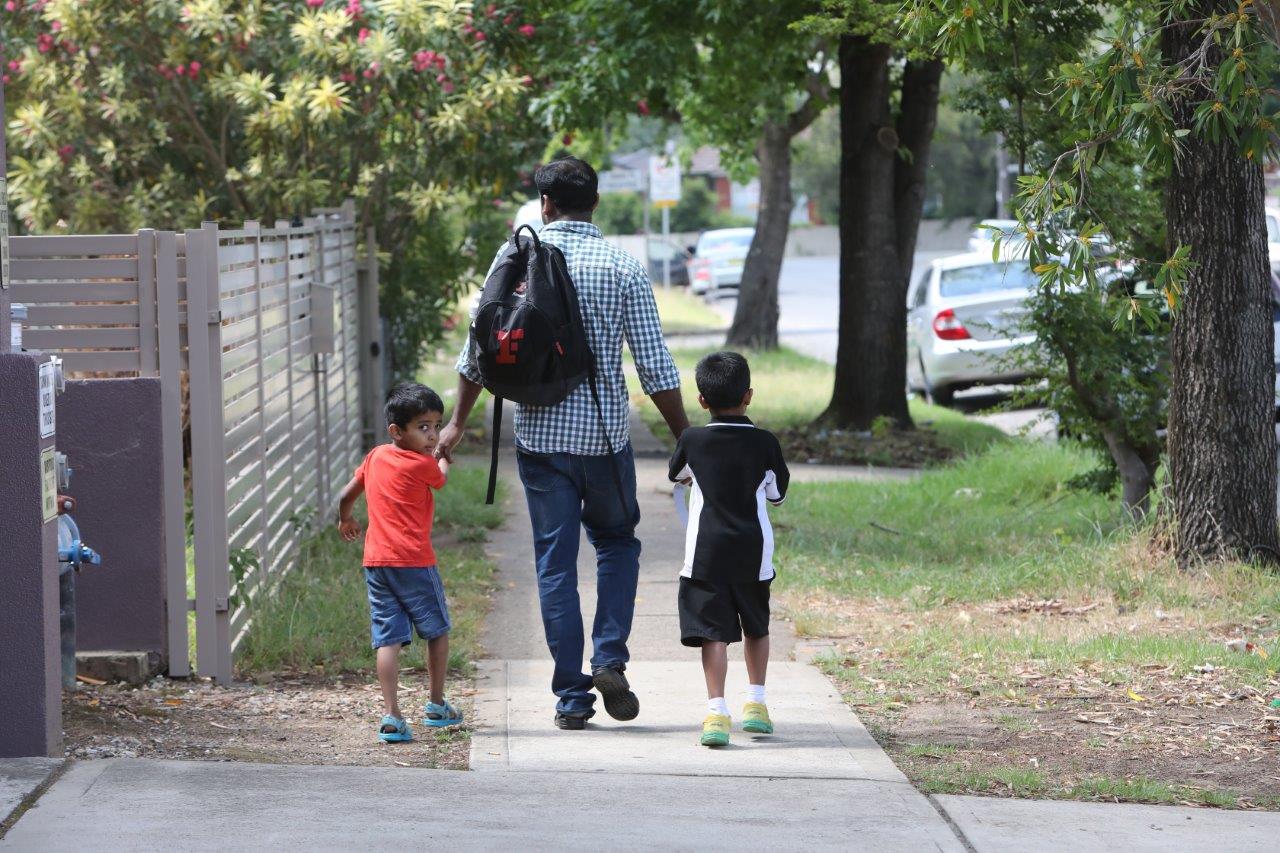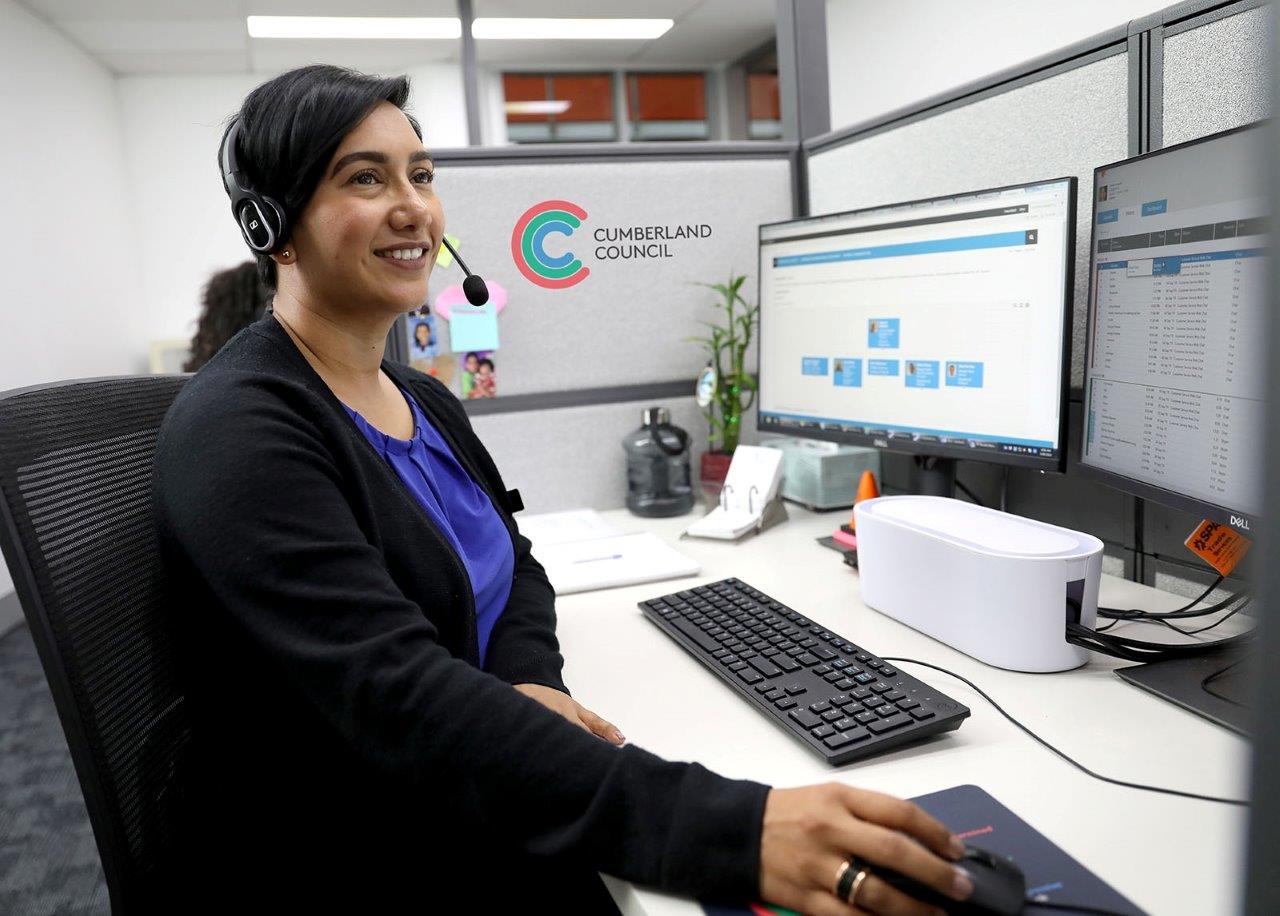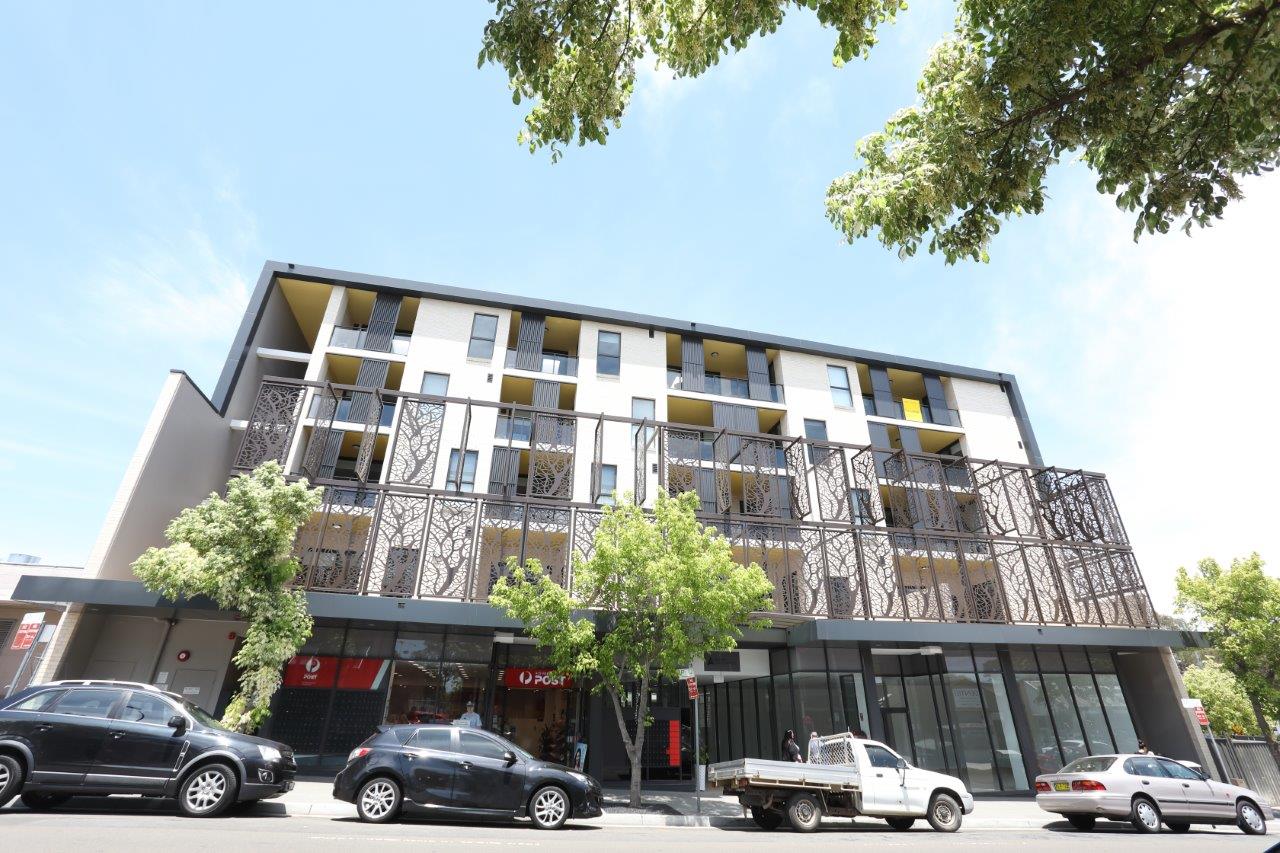
Senior pedestrians
In the last 3 years, 6 pedestrians were killed and 125 seriously injured on Cumberland roads. 33.6% of them were aged over 60. In the Sydney metropolitan area, people over 60 years of age accounted for 28% of all pedestrian casualties and 62% of all pedestrians killed over the last three years.
Accidents involving older people occur most commonly in urban areas at intersections, especially near shopping centres.
Most pedestrian casualties happen in low-speed areas. And many accidents occur through difficulties in judging either the speed or capability of the pedestrian.
Staying safe as a pedestrian
Tips for senior pedestrians
- Never assume that other drivers have seen you when you’re about to cross the road.
- Use a pedestrian crossing whenever possible.
- Wait for a suitable gap in the traffic. Give yourself plenty of time to cross.
- Plan your outings to avoid heavy traffic.
- Avoid crossing between parked cars, or from in front of buses.
- Look around carefully at intersections. Cross with a group if possible.
- Take special care if you have been drinking.
- At night, wear light coloured clothing and carry a beacon torch or light coloured bag.
- Use a footpath where provided, rather than risk walking on the road.
- If you use them, wear your glasses and hearing aid when walking.
Pedestrian crossings
This is the safest place to cross the road. Take care, as not all vehicles will stop for you. It’s the best to wait until the vehicles are stationary before crossing.
Pedestrian refuge
A refuge islands allows you to cross a wide or busy roads in 2 stages. This means you only have to concentrate on traffic from one direction at a time.
Sharing footpaths
Keep to the left of the footpath whether you are walking, cycling or riding a motorised scooter. If you are on the scooter you have the same rights and responsibilities as a pedestrian.
If you must use the road, keep as close as possible to the left hand side. Remember – if you use the road, you must follow the same road rules as other vehicles.
Take care not to hit other pedestrians in crowded areas.
Remember to take care when crossing. Never assume that a driver will see you or stop for you.
Senior drivers
In the last 5 years on Cumberland roads 647 drivers over 60 years of age were seriously injured. In 2019 in the Sydney Metropolitan area, drivers aged 60 years and older:
- represented 18.8 % of all drivers killed
- represented 13.8 % of all drivers injured
- were involved in 2,693 crashes equal to 13% of all traffic crashes.
Age should not be considered the sole indicator of reduced driving ability. And the effects of aging impact individuals at different times and in different ways. However, there is evidence that the skills necessary for safe driving begin to deteriorate with age.
The difference age makes
As a driver, by the time you reach your 60s and 70s, you will have acquired a wealth of motoring experience which should help you travel safely on our busy roads.
Statistically, older drivers are less likely to have an accident than young and inexperienced drivers. But experience has to be balanced with the inevitable effects of aging.
You may find that your sight, hearing and judgement of speed and distance are not quite as sharp as when you were younger. These are all vital factors in driving and they often deteriorate very gradually, so you may not be immediately aware of the full extent of the change.
Driving for your age
It’s important to think about adjustment you might need to make in your driving habits and expectations and to take even greater care than ever on the road.
Older drivers must have an annual medical assessment at 80 years of age and undertake an on-road driving test at 85 years. These legal requirements are intended to ensure your safety and that of other road users. But ultimately, the responsibility for deciding when to give up driving is largely up to you.
Listen to advice from friends and relatives, talk to your doctor or ask for an expert opinion.
Staying safe on the road
Factors affecting road safety for seniors
Vision
There is a general decline in ability of people to see clearly as people age. Conditions such as glaucoma and cataracts become more frequent in older people and can result in problems with reading as well as seeing clearly in traffic.
Hearing
Loss of hearing is more common among older people. Older people who wear hearing aids may find heavy traffic noisy and confusing.
Movement
Decreased mobility associated with arthritis and other conditions is a road safety issue among older people. Average walking speeds drop significantly with age, and this means that more time is needed to cross the road safely.
Balance
Loss of balance can be a problem for older people. To compensate for this older people tend to move more slowly and less confidently.
Reactions
Response time to avoid traffic dangers can increase as people age. This varies greatly between individuals.
Medications
Many seniors are required to take medications for illnesses and on-going ailments. Some medications can affect a person’s ability to respond quickly to dangerous situations.
Tips for senior drivers
- Plan your outings to avoid heavy traffic, particularly peak hour times.
- Avoid driving at night or in bad weather, or get someone else to drive.
- Scan the road ahead. Give yourself plenty of time to react in emergency.
- Take particular care when approaching intersections.
- Ask your doctor about the possible effects of any medication you may be taking.
- Have your vision tested regularly, especially if you experience sight problems.
- Ensure your windscreen and glasses are clean at all times.
- At night avoid looking directly into the lights of oncoming traffic.
- Monitor your ability to drive. Volunteer for re-testing if you’re in doubt.
- Take advice from your family, friends and doctor about continued driving.
- Stop the car and rest at the first signs of tiredness.
- Take a break from driving at least every two hours. Don’t wait until you’re feeling tired. Breaks from driving can prevent fatigue.
Never rely on other road users to do the right thing.
Be prepared to make allowances for the mistakes of others.
For more information, email our Road Safety Officer: rso@cumberland.nsw.gov.au





